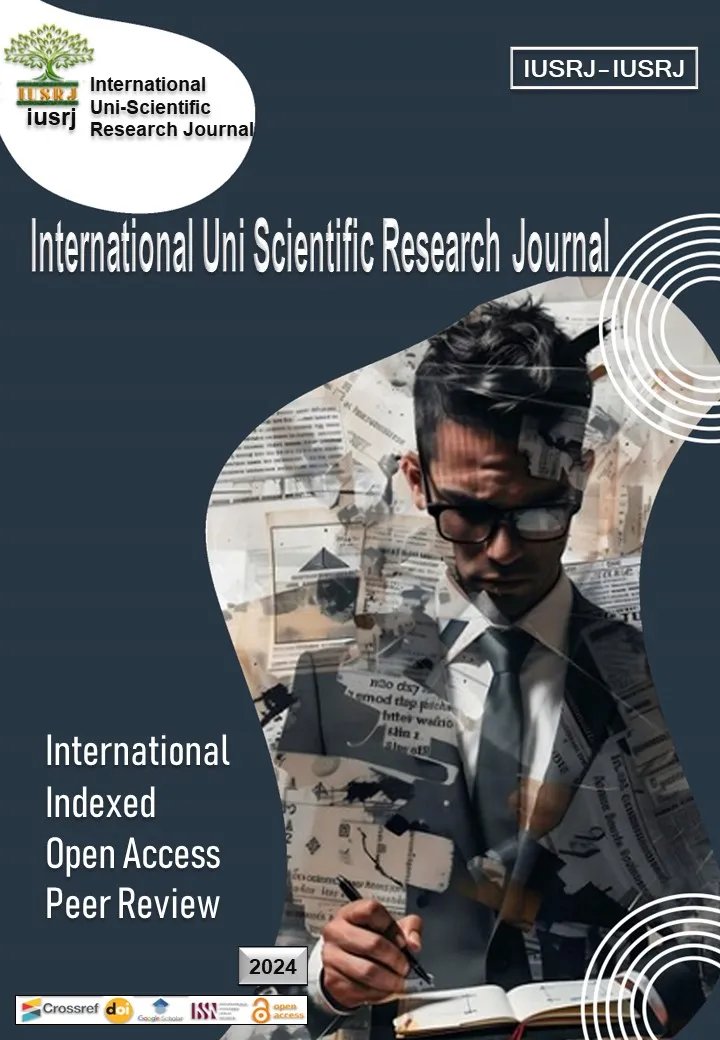This article deals with the school status of French in Morocco and presents the paradoxical situation of this language in relation to the use of code-switching (CS) Arabic / French by teachers. Thus, far from the prejudices relating to CS generally perceived as a weed to be eradicated, particularly in language class, this article discusses the point of view of the specialists who undertook this phenomenon in the educational context. Moreover, this analysis presents the situation of this language in relation to the use of Arabic / French Code-switching (CS) by teachers. This article presents the point of view of specialists who have undertaken this phenomenon in the educational context. It is based on the results of a functional and formal analysis of a CS corpus made up of the verbal speeches of twenty-nine teachers recorded during teaching-learning lessons. From the analysis of the corpus and the results of the different didactic and communicative aspects of SC, its role in language classes and the attitudes to be adopted by the main educational actors are highlighted. Generally, it is obvious that CS is frequently used by Moroccan teachers of French for two purposes: it is used as a contrastive strategy to compare two different linguistic systems, or as a support strategy to facilitate communication.
Keywords:
Code switching, vehicle-language, object-language, communicative teaching strategy, support strategy, contrastive strategy
[1] Baddeley, S. (1993). Discours étymologiques. Actes du Colloque international organisé à l'occasion du centenaire de la naissance de Walther von Wartburg.
[2] Castellotti, V. (1997). L’apprentissage des langues en contexte scolaire : Images de lycéens. In M. Mathey (ed.). Les langues et leurs images. Actes du colloque international, Neuchâtel, mars 1996. 225-230.
[3] Castellotti, V. (2001). La langue maternelle en classe de langue étrangère. Paris: CLE international.
[4] Causa, M. (1996). L’alternance codique dans le discours de l’enseignant. Entre transmission de connaissance et interaction. Les cahiers du Cédiscor, 4, 111-129.
[5] Causa, M. (2002). L’alternance codique dans l‘enseignement d‘une langue étrangère – Stratégies d‘enseignement bilingues et transmission de savoirs en langue étrangère. 223 294.
[6] Cicurel, F. (1985). Parole sur parole: ou le Metalangue dans la classe de langue. Paris: CLE international.
[7] Clyne, M. G. (1986). An early start: Second language at primary school: River Seine Publications.
[8] Cook, V. (2001). Using the first language in the classroom. Canadian Modern Language Review, 57(3), 402-423.
[9] Cuq, J.-P., & Gruca, I. (2005). Cours de didactique du français langue étrangère et seconde. Grenoble: Presses universitaires de Grenoble.
[10] Dabène, L. (1994). Repères sociolinguistiques pour l'enseignement des langues : situations plurilingues. Paris: Hachette FLE.
[11] Gajo, L. (2001). Immersion, bilinguisme et interaction en classe. Paris : Didier.
[12] Hamers, J. F., & Blanc, M. (1983). Bilingualité et bilinguisme Bruxelles. Bruxelles: Pierre Mardaga.
[13] Labov, W. (1976). Sociolinguistique. Paris: Minuit.
[14] Lüdi, G., & Py, B. (1986). Etre bilingue. Berne: Peter Lang.
[15] Lüdi, G. (1991, March). Les apprenants d’une L2 code-switchent-ils et, si oui, comment. In Symposium on code-switching in bilingual studies, theory, significance and perspectives. Network on codeswitching and language contact. 7-71.
[16] Simon, D. (1992). Alternance codique en situation pédagogique, roles et fonctions dans l’interaction. Lidil, 5.
[17] Swain, M., & Lapkin, S. (2000). Task-based second language learning: The uses of the first language. Language teaching research, 4(3), 251-274.
[18] Turnbull, M. (2001). There is a role for the L1 in second and foreign language teaching, but…. Canadian Modern Language Review, 57(4), 531-540.
Citation
Hicham Er-Radi(2021), Code-switching and The Teaching of French in Morocco: for a Didactic Approach. IUSRJ International Uni-Scientific Research Journal (2)(26),151-156. https://iusrj.org/articles/doai202104102320Call for Paper

We are going to launch a new Volume, 15th of next Month of peer-reviewed OpenAcess journal publishing original research articles. IUSRJs' publish innovative papers, reviews, mini-reviews, rapid communications and scheduled to monthly. For this purpose, we would like to ask you to contribute your excellent papers in IUSRJs'. Your comments will help us improve the quality and content of the journals. The journals accepts Review Articles, Original Articles and Short Communications. Brief Report, Books Review, Thesis Submit your valuable work: Submit Now Submit your article through : [email protected]
